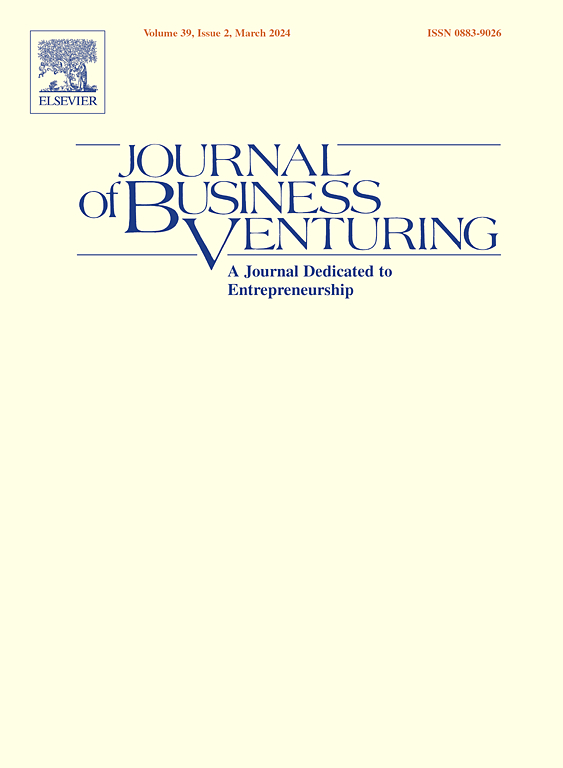The Internet and the gender gap in entrepreneurship: Evidence from China
Abstract
The Internet has transformed economic activities in many important ways over the past two decades. This study examines the role of the Internet in narrowing the gender gap in entrepreneurship. Building on the assumptions that the Internet facilitates information transmission and breaks down information barriers for aspiring entrepreneurs, the study hypothesizes that (a) the Internet narrows the gender gap in the probability of entrepreneurship, and (b) the gender gap–mitigating effect of the Internet is stronger for the more disadvantaged members of society. These hypotheses are tested with six waves of data from the China Family Panel Studies, a nationally representative longitudinal survey series from 2010 to 2020. Empirical evidence based on the analysis of 25,177 individuals confirms that Internet use is associated with a narrower gender gap in entrepreneurship. In addition, the gender gap–mitigating effect of the Internet is stronger for less educated individuals and those who live in regions with a lower level of gender equality. The gender gap–mitigating effect of the Internet is also stronger for informal (rather than formal) entrepreneurship. The Internet appears to have a democratizing effect by facilitating entrepreneurship among the more socially and economically disadvantaged subsets of society.

 求助内容:
求助内容: 应助结果提醒方式:
应助结果提醒方式:


